At a glance
Group conversation
Dorset has many different patient and public involvement groups. Their broad purpose is to ensure the voices and experiences of patients and the public are heard and taken into account to inform decision-making and service improvement.
Groups tend to come together on a regular basis to have conversations and provide feedback, insight, and guidance on proposed changes or initiatives that may impact their lives or the lives of those they represent. Conversations may take place in a variety of formats, including focus groups, meetings, and online forums, and are designed to gather perspectives and opinions. The input received from these groups can inform decision-making processes, shape policy, and ultimately lead to more patient/person-centred and inclusive approaches to health and care.
About this approach
Patient and Public Voice Groups

